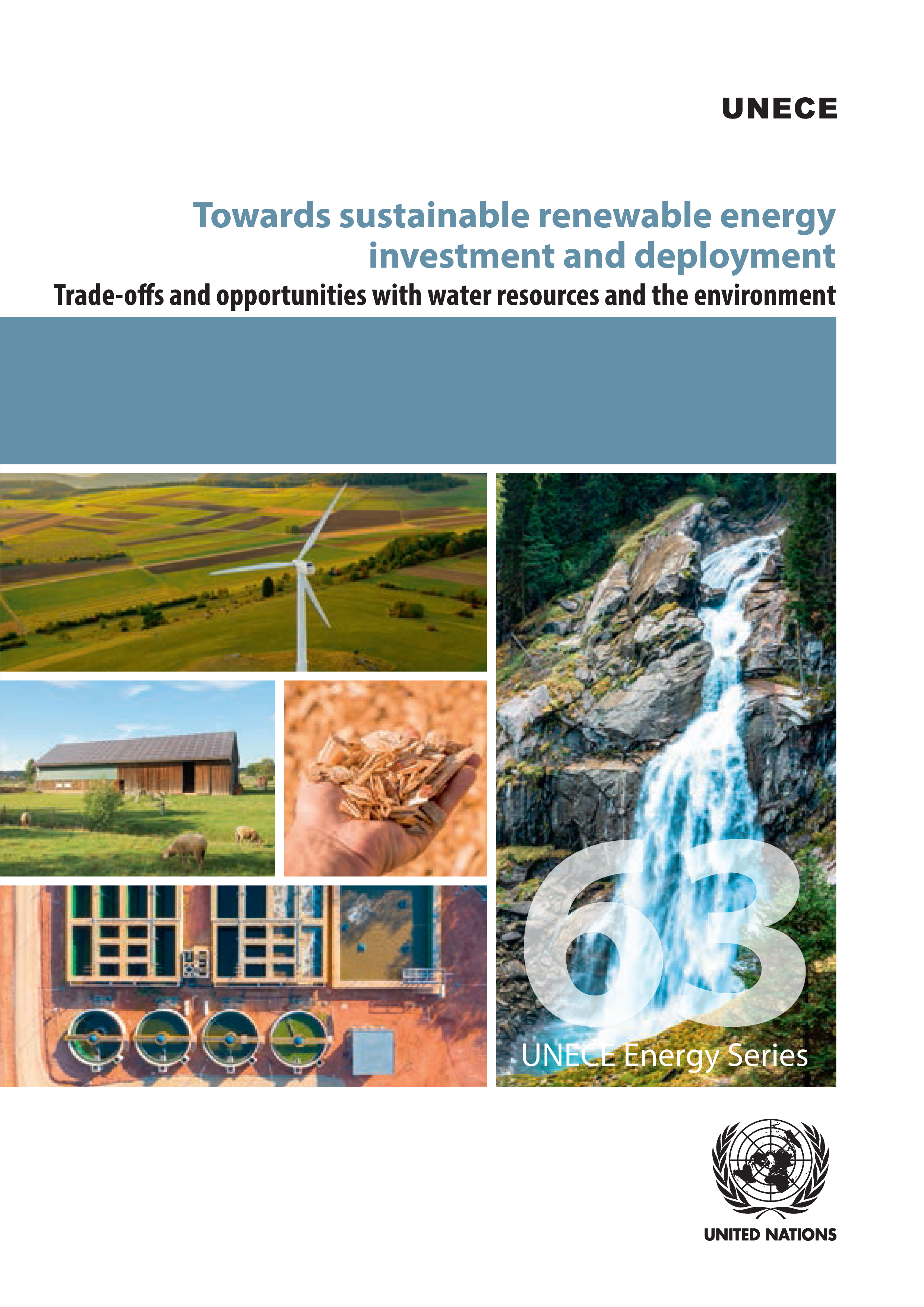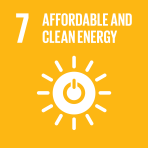Sustainable renewable energy projects

- Author: United Nations Economic Commission for Europe
- Main Title: Towards Sustainable Renewable Energy Investment and Deployment , pp 52-59
- Publication Date: July 2021
- DOI: https://doi.org/10.18356/9789210046619c009
- Language: English
Strategic policy choices will not deliver on sustainable energy deployment without the active engagement of those actors who deal directly with project development on the ground. Such individuals, in practical terms, hold the key to realizing projects that are sustainable socially, environmentally “nexus-proofed” and highly beneficial for local communities. Their task is to translate all these qualities into project plans that are technically feasible and financially sustainable. While this task is undeniably complex, it is important to recognize that sustainability issues (particularly those related to the environment) are of increasing concern across the entire spectrum of society. Accordingly, there is greater momentum towards investments, projects and partnerships that explicitly seek to promote sustainability, improve efficiency or resource use, and increase innovation. In the case of renewable energy, this trend can generate projects the benefits of which go far beyond the production of low-carbon electricity, and that can easily qualify for impact financing. At the same time, sustainable renewable energy planning (linking to the previous tracks) enables the identification of projects that avoid environmental, social and economic conflicts. These are projects are less risky and, consequently, less costly.
-
From This Site
/content/books/9789210046619c009dcterms_title,dcterms_subject,pub_keyword-contentType:Journal -contentType:Contributor -contentType:Concept -contentType:Institution105



